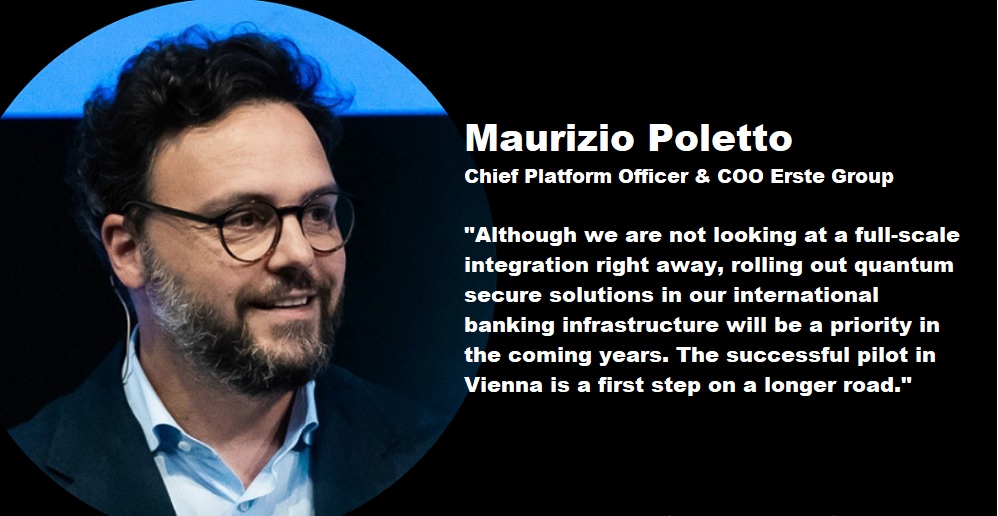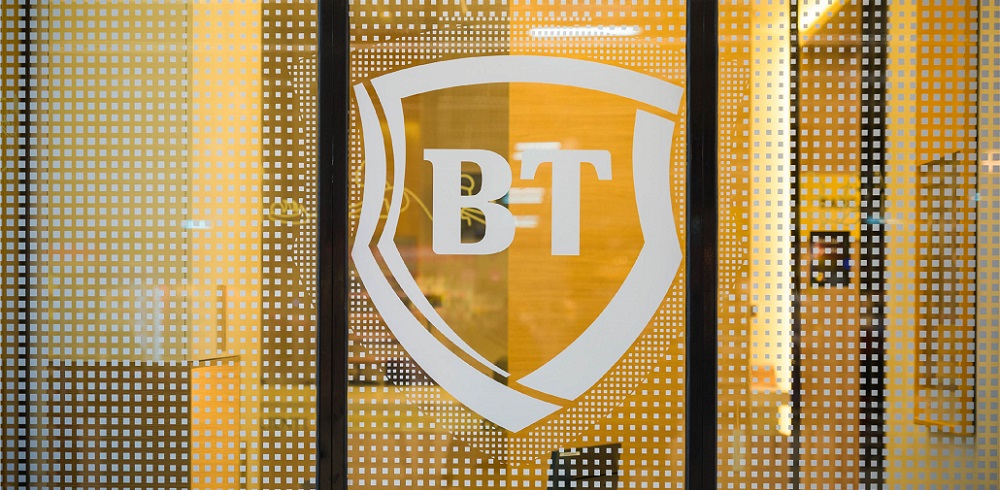BBVA Bank’s economists: Blockchain technology poised to be financial industry’s biggest disruptor yet

Question isn’t if, but when the disruption will be far-reaching, they write in new report. Technology has potential for applications well beyond digital currency transactions. With dozens of the world’s biggest banks already investing heavily in the blockchain, it is just a matter of time before the technology creates far-reaching disruption in the financial services industry, says a new report from BBVA Compass economists.
Having been slow to recognise the potential of distributed ledger technology, banks are now rushing to pour money into exploring how it can be used to simplify processes and slash costs, say the economists. The first wave of disruption is likely to come in payments areas such as money transfers, card transactions and remittances, with the blockchain enabling banks to bypass slow, cumbersome and expensive networks, according to finextra.com.
However, this could be just the beginning: „Given that the majority of financial assets such as bonds, equities, derivatives and loans are already electronic it may be possible that someday the entire system is replaced by a decentralized structure.”
Colored coins can now be used to attach additional information on assets, generating ‘smart property’ or the ability to record and transact these assets using ‘smart contracts’, which are enforced by complex algorithms, through distributed platforms without a centralised register.
„In this environment, the current system where financial institutions record individuals’ accounts in a centralized fashion and the banks’ reserves are stored by the central bank (i.e. Federal Reserve) would be replaced by the ‘internet of money’ or the ‘internet of finance’ – a fully decentralized financial system,” says the report.
There are obstacles, notably, legal and regulatory hurdles as well as the computing power required but BBVA Compass chief economist Nathaniel Karp says that it is not a question of if, but when the blockchain will have a far-reaching disruptive effect on banking.
„A technology that has the ability to conduct and verify transactions via an immutable, time-stamped record that is replicated on servers across the globe has immense implications for the banking sector. We’re talking about a massive overhaul of the banking industry’s processes and a significant reduction in costs,” says Karp.
The first applications for blockchain technology in the financial industry would be in basic transactions within the payments space like purchasing foreign currency or international money remittances, where transactions currently require an intermediary like a clearing house or a financial institution. Blockchain technology could help eliminate the bank’s need for costly infrastructure, allowing it to bypass payment networks that are often slow, cumbersome and expensive.
„The key question is not how, but when the disruption will become far-reaching,” Karp wrote. „Blockchain technology could reshape the financial industry well beyond the payments system; it has the potential to change the face of modern finance.”
Dariusz Mazurkiewicz – CEO at BLIK Polish Payment Standard
Banking 4.0 – „how was the experience for you”
„To be honest I think that Sinaia, your conference, is much better then Davos.”
Many more interesting quotes in the video below:










